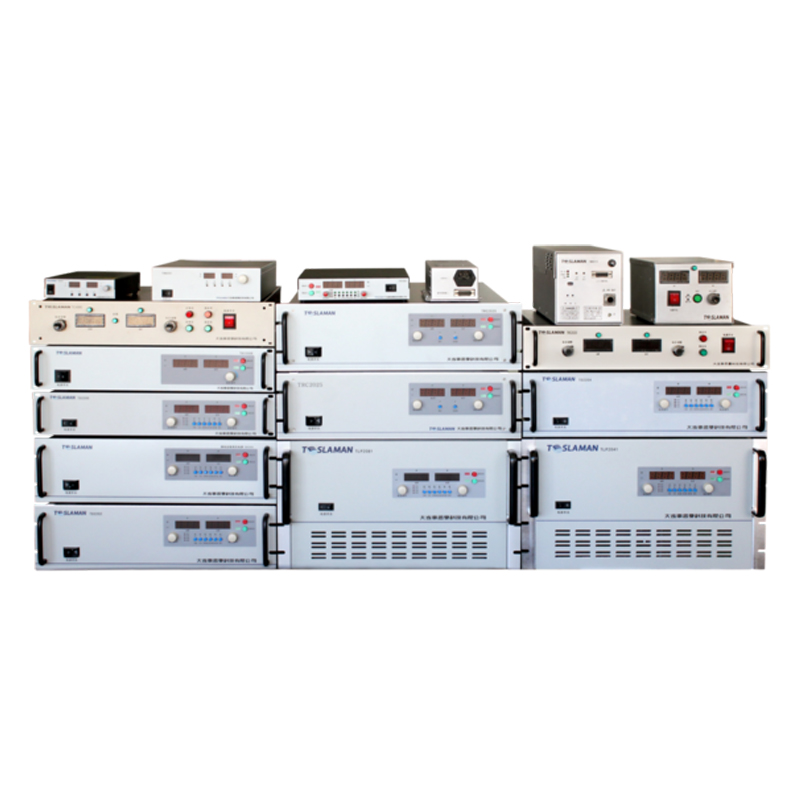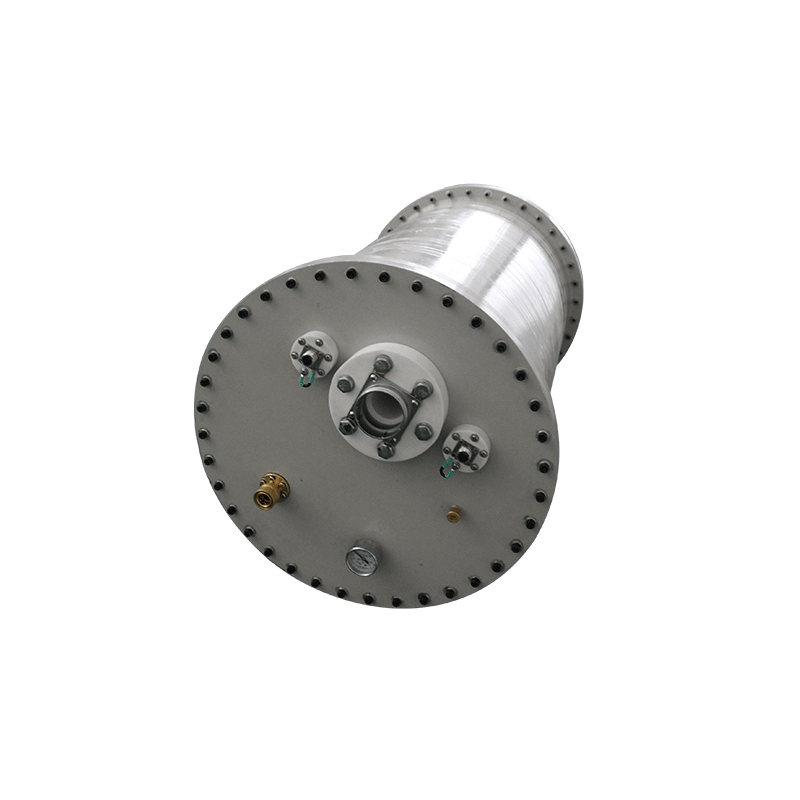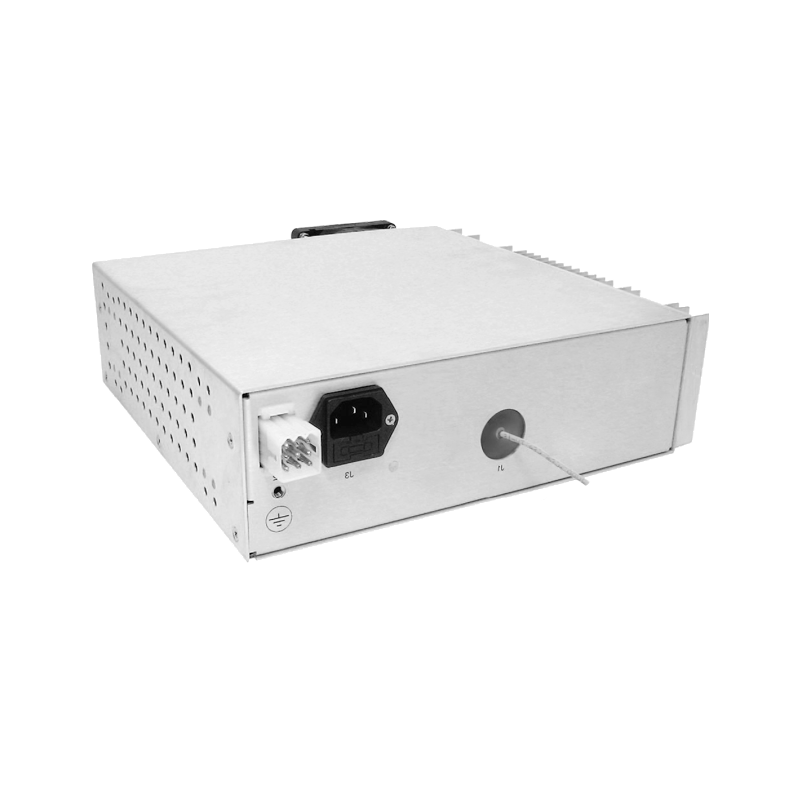Neutron Energy Spectrum Regulation of High-Voltage Power Supplies for Neutron Accelerators
In modern scientific research and industrial applications, neutrons, as extremely important particles for detection and reactions, play a crucial role. The high-voltage power supply for a neutron accelerator, as a core component of the equipment for generating neutrons, is essential for the precise regulation of the neutron energy spectrum, which directly affects the effectiveness of related research and applications.
The high-voltage power supply of a neutron accelerator accelerates charged particles to high-energy states through specific acceleration mechanisms, enabling them to undergo nuclear reactions with target materials, thereby generating neutrons. Different parameter settings such as acceleration voltage, current, and acceleration time significantly impact the final neutron energy spectrum. For example, changing the amplitude of the acceleration voltage output by the high-voltage power supply can directly alter the energy acquired by charged particles, affecting the types and cross-sections of nuclear reactions during neutron production and ultimately changing the distribution of the neutron energy spectrum. A higher acceleration voltage usually promotes the generation of neutrons with higher energies, shifting the energy spectrum towards the high-energy end.
The regulation of pulse width and frequency is also a key factor influencing the neutron energy spectrum. The width of the pulse output by the high-voltage power supply determines the duration of charged particle acceleration, while the pulse frequency affects the number of particle accelerations per unit time. A shorter pulse width allows charged particles to acquire high energy in an extremely short time, producing a neutron beam with more concentrated energy and a sharper energy spectrum peak. Appropriate adjustment of the pulse frequency can control the number of neutrons generated and the broadening degree of the energy spectrum.
In addition, the stability of the high-voltage power supply has a non-negligible impact on neutron energy spectrum regulation. A stable power supply output ensures the consistency of the charged particle acceleration process, guaranteeing the repeatability and stability of the neutron energy spectrum. If there are fluctuations in the power supply, it will lead to instability in the energy of accelerated particles, causing the generated neutron energy spectrum to drift and broaden, affecting the accuracy of experimental results and the reliability of industrial applications.
In the field of scientific research, precisely regulated neutron energy spectra provide powerful tools for research in materials science, nuclear physics, and other areas. In materials research, neutrons with specific energies can more effectively detect the internal microstructure and defects of materials. By adjusting the neutron energy spectrum, researchers can obtain more abundant and accurate material information. In industrial applications, such as neutron logging technology in oil exploration, through the regulation of the neutron energy spectrum, the formation structure and oil content can be analyzed more accurately, improving exploration efficiency and accuracy.
In conclusion, the neutron energy spectrum regulation of high-voltage power supplies for neutron accelerators is a complex and crucial technology. Through precise control of multiple aspects such as acceleration voltage, pulse parameters, and power supply stability, flexible adjustment of the neutron energy spectrum can be achieved to meet the specific requirements of different fields for neutron energy distribution, providing a solid support for promoting scientific research progress and industrial technology innovation.




















